Menstrual Health Education and Gender Equality
Menstrual health is not just about pads, water, or toilets, it is about rights, equality, and inclusion. Under SDG 4 and the Constitution of Kenya (2010), every girl has the right to education, dignity, and health. Yet, for many, menstruation remains a silent barrier to those rights.
The ICRH-K 2025 report found that 85.8% of girls experience privacy concerns when managing their periods at school, and only half of rural schools provide basic sanitation. But the real issue runs deeper than infrastructure, it is about the systemic neglect of menstrual health as a fundamental part of gender equality and social justice.
Menstruation continues to be treated as a private inconvenience rather than a public concern tied to equity, participation, and human dignity. 35.1% of respondents in the same study view menstruating girls as “unclean,” reinforcing a stigma that limits confidence, silences voices, and excludes girls from classrooms and communities.
When menstrual health is framed through a human rights lens, it demands more than hygiene solutions, it calls for accountability, policy reform, comprehensive education, and cultural change. It means ensuring that girls and all menstruating people can access information, resources, and support without discrimination or shame.
Recognizing menstrual health as a human rights and gender equality issue is essential to achieving Kenya’s commitments under the SDGs. It is about the right to learn, to participate, to live with dignity, and to be seen not as beneficiaries, but as equal citizens.
The data
SDG 4 – Education
- 64.1% of adolescent girls receive menstrual education in schools.
- 85.8% of girls report privacy concerns when changing sanitary products at school.
- Only 45.3% of respondents have access to both water and soap for MHM at school. (International Centre for Reproductive Health-Kenya (ICRH-K), 2025)
- In Kenya, only 50 % of rural schools have basic sanitation facilities. This makes it difficult for girls to manage their menstrual hygiene needs, forcing girls to miss school during their periods or even leading to school dropouts. UNICEF,2024
SDG 5 – Gender Equality
- 35.1% reported that menstruating girls are viewed as unclean, reinforcing stigma and myths.
- The fact that 85.8% of girls worry about being seen while changing menstrual products highlights the need to provide safe facilities with guaranteed privacy. Existing school latrines often suffer structural issues and poor sanitation, thus discouraging proper menstrual hygiene practices. (International Centre for Reproductive Health-Kenya (ICRH-K), 2025)
The Plight of Homeless Women and Girls
- As of 2018, there are approximately 46,639 street persons in Kenya, 27.6% of whom are women. Of street children aged 0-17 years old, girls (32%) were more likely to be orphans than boys (23%) (Ministry of Labour and Social Protection).
- A Kenyan woman who became homeless in Nairobi described lacking money for pads and being offered menstrual products in exchange for sex, highlighting extreme menstrual vulnerability among homeless women. (Days for Girls Kenya)
- Advocacy groups note that people already facing homelessness are among those most affected by period poverty and lack of menstrual products in Kenya. (NAYA Kenya)
- UNFPA reports that menstrual health needs remain urgent among women and girls in “vulnerable settings,” including those in humanitarian, restricted, or unstable living situations, who often receive dignity kits as emergency support. (UNFPA Kenya)
- Broad national estimates show that 65% of women and girls in Kenya cannot afford menstrual pads, with the impact being most severe for those in extreme poverty or unstable living conditions such as homelessness. (Amref Health Africa)
Kenya’s Sanitary Towel Programme
- The Ministry of Education launched the first programme of sanitary towels in 2011. Initially, the programme targeted girls in schools located in 82 former districts, chosen from marginalised and slum areas. Equally, a school’s score, as per the National Poverty Index, determined whether its pupils received the government-funded sanitary towels or not. Currently, the programme caters for targeted girls in all public primary schools in the entire country.
- The programme was transferred from the Ministry of Education to the Ministry of Public Service, Youth and Gender Affairs during the financial years 2017/2018 and 2018/2019 with a budget of Kshs.470 million, benefiting a total of 3,703,452 girls. However, the programme was transferred back to the Ministry of Education in the financial year 2019/2020, due to challenges in its implementation.
- This sheet entails the amount of money allocated to the programme.
Other sources
https://washdata.org/data
